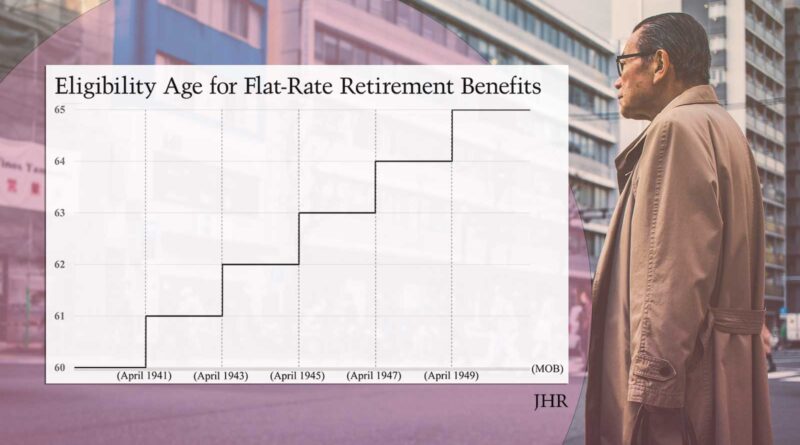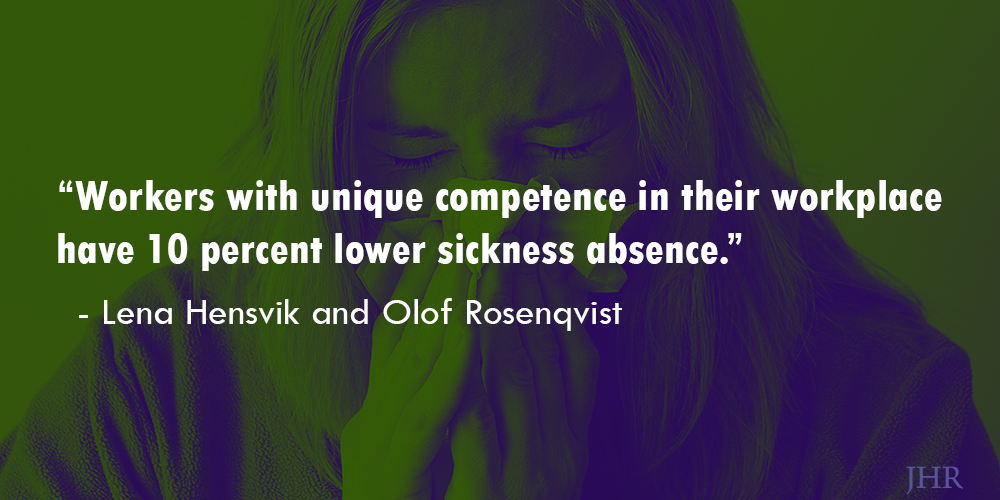Social Security Reform in Japan Motivated Workers to Stay Longer, but Younger Workers Adapted
Social security reform is becoming an increasingly debated topic among policymakers in many countries with rapidly aging populations. As populations age, social security programs impose an increasing financial burden and pose potential threats to fiscal sustainability. One such social security reform—changing the eligibility age for public pensions—could have a large impact on the economy via changes in individual retirement decisions and changes along other dimensions.
Nobuhiko Nakazawa studied the impact of social security reform focusing on Japan, the most aging country. In Japan, the age of claiming Employees’ Pension Insurance benefits for men went from 60 to 65 years over a decade. Nakazawa found that raising the pensionable age by one year increased male employment at the critical ages, when employees could no longer receive benefits in the new plan, by 7–8%.
Nakazawa also found that older affected cohorts increased the labor supply more significantly at the critical ages, but younger affected cohorts responded less significantly, even though all the affected cohorts suffered the same one-year loss of flat-rate benefits relative to the neighboring control cohorts. This suggests that the younger affected cohorts, which had more time to anticipate the reform, were better able to adjust for the change in benefit onset.
Given the global trend toward aging populations, other countries will inevitably face problems similar to those of Japan. This research suggests that raising the eligibility age differentially affects individual behaviors, so policymakers should not design them by considering only the average effect on older workers’ labor supply. The research also highlights the crucial role of the time horizon over which people can respond to such reforms.
Read the article in the Journal of Human Resources: “The Effects of Increasing the Eligibility Age for Public Pension on Individual Labor Supply: Evidence from Japan,” by Nobuhiko Nakazawa.
——————
Nobuhiko Nakazawa is an Associate Professor in the Department of Economics, Hitotsubashi University (@nobuoooooo).




